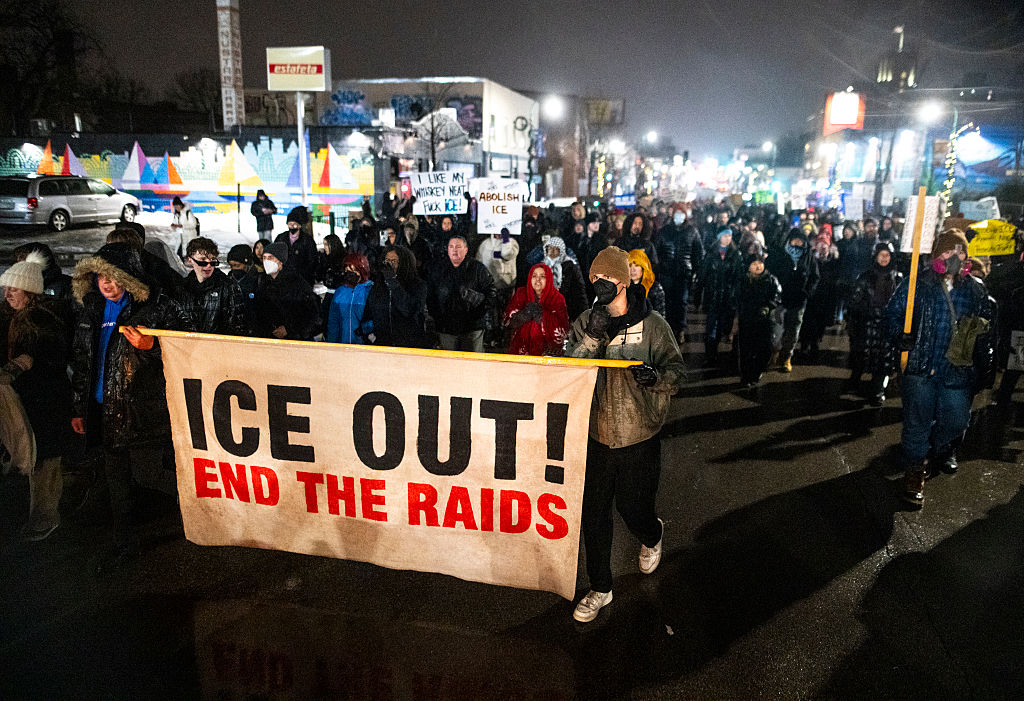Friendships are one of the most important relationships that a person can have. Our friends bring a lot to the table, including helping us live richer lives and offering social support through good and bad times. But sometimes, friends grow apart over time and friendships end. This can be for any number of reasons, like simply outgrowing a friendship or not seeing eye to eye anymore.
While there are some situations where the end of a friendship doesn’t need to happen, closing the chapter on one can sometimes be the best choice for you to make—especially if the relationship has become unhealthy. A friendship that once had you and your friend connecting well may have soured. But ending a friendship can be tricky. Below, we take a look at how this particular situation can be handled.
How do you know when to end a friendship?
Knowing when to end a friendship can be difficult, especially since it can sometimes be hard to recognize the signs. However, there are some universal signs to keep an eye out for—including growing trust issues, differences in core values, insults, manipulation and negative effects on your mental health. While friendships won’t always be smooth sailing, it’s important to reevaluate a friendship if you notice these kinds of signs.
The following signs can point to an unhealthy relationship that may be worth ending, particularly if you notice the same issue again and again.
Signs of an unhealthy relationship
When it comes to ending a friendship, the relationship will oftentimes reach a point of being unhealthy or even toxic. This can come about through any of the signs previously mentioned, such as if there’s no feeling of trust or mutual respect between you and your friend or if you’re experiencing friendship anxiety and your mental health is suffering due to the relationship.
If you notice signs of an unhealthy relationship, you should step back from the situation and take time to determine if your friendship has turned toxic in some capacity. Layne Baker, a Los Angeles-based psychotherapist, suggests that you ask yourself the following questions:
- “Was it an energy-giving or an energy-taking experience for you?”
- “Did you feel heard and cared for? Did you hear and care for your friend?”
- “Did you feel connected to this person and enjoy spending time around them?”
“Check in with how you feel after spending time with your friend,” Baker adds. “These questions are a great starting point for listening to your gut and determining if it’s time to end a friendship.”
How to end a friendship
Ending a friendship is a hard decision to make, but the actual process of breaking up with a friend can be done with mutual respect and honesty through conversation, or the friendship may just naturally come to a close. In some cases, such as when a friendship has soured and turned toxic, a more immediate end to the friendship might be needed. The right way to end a friendship will depend on which approach you feel most comfortable with, but, in general, these steps on how to end a friendship will be helpful.
1. Practice compassion
The end of a friendship will be hard on both you and your friend. Practicing compassion as you prepare to talk with your friend about ending your relationship will help shape how you approach them. Think over exactly what you want to say and how your friend may respond. Compassion doesn’t mean you’re accepting bad treatment—just that you’re taking time to see the situation from the other side’s perspective.
2. Have a conversation with your friend
Similar to how you might end a romantic relationship, a conversation with your friend about where you’re at in the friendship is important. “Start with getting clear about why the friendship no longer works for you, and bring these things to your friend in a conversation,” Baker says. “It will probably be hard. But the hard conversation is crucial to intentionally ending a friendship and setting any necessary boundaries.”
3. Determine what type of “break up” needs to happen
Following a conversation, it’s time to move forward with the actual ending of a friendship. This can take shape in a few different ways. Your friendship may naturally fade out over time.
Some friendship “break up” conversations might lead to a temporary break, particularly if you and your friend can resolve your differences or if you’d both like more time to consider ending the relationship.
Lastly, you could immediately end the friendship. Ending a friendship this way can often be the best choice in cases where a friendship has become manipulative, or you’re having recurring boundary violations or other unhealthy issues. You don’t always owe someone an explanation as to why you’re ending a friendship, especially when it comes to your own well-being.
How do you process the end of a friendship?
The end of a friendship can be a painful experience, just as the end of a romantic relationship can be. You won’t just automatically get over the breakup instantly. Expect to feel sad and even upset over the loss. “There was a point in time where this person meant something to you—enough for you to call them a friend,” Baker says. “No matter which side of the breakup you’re on, loss is loss; and loss is accompanied by grief.”
You’re going to have a lot of emotions surrounding an ended friendship. You can begin processing those emotions and thoughts by:
- Acknowledging your feelings. Ending a friendship is hard, and it’s important to recognize you’ve lost a person you cared about, no matter the reason the friendship ended.
- Journaling about the loss, be that through the traditional “Dear Diary” approach, making a list or noting down what you’re feeling about the end of your friendship.
- Talking it out with your family or friends. Ending a friendship can leave behind a void, so reaching out to your loved ones to talk about the loss can help you process it out loud.
- Putting some energy into old friendships. Your other friends are still there, and spending time with them can help you feel less alone, even if you’re just having a veg-out session on the couch after work.
Photo by Cast Of Thousands/Shutterstock.com





